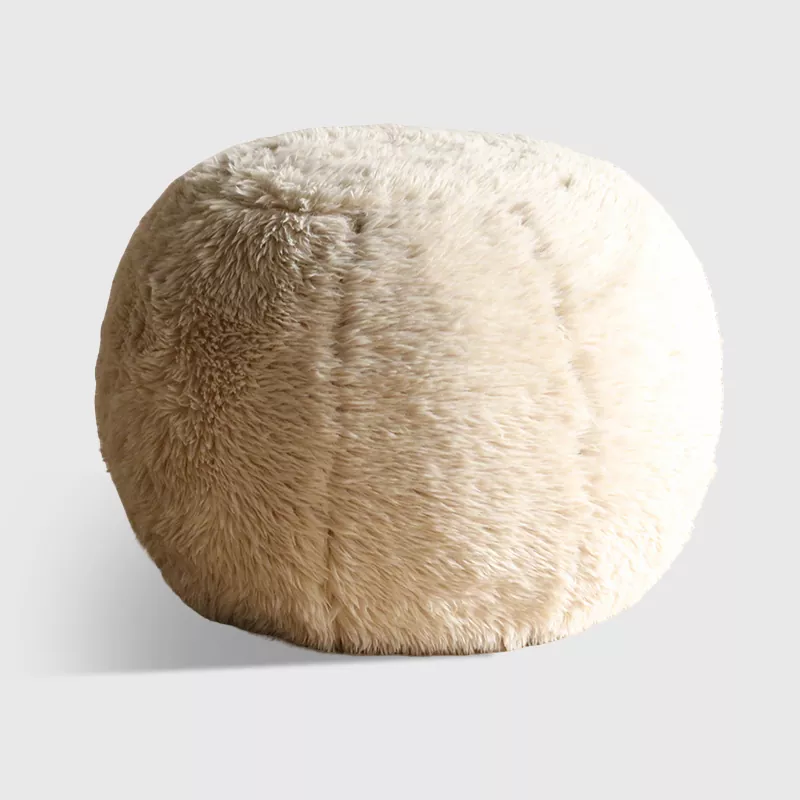How Did Islam Influence the Government of the Ottoman Empire
2025-10-14
The Ottoman Empire was one of history's most powerful and enduring states, and its system of governance was profoundly shaped by Islam. For nearly 600 years, Islamic principles were the bedrock of its laws, institutions, and daily administration. Understanding this influence offers a fascinating glimpse into how religion and statecraft can intertwine. At SNUG LIVING, we appreciate intricate design and foundational strength, principles that were as vital to the Ottoman state as they are to our premium home furnishings.
The most significant influence of Islam was the adoption of Sharia law as the foundation of the legal system. The Sultan, while holding ultimate political authority, was also expected to uphold and enforce these religious laws. This created a governance model where religious scholars, known as the Ulema, held substantial power.
Key administrative roles and bodies guided the empire:
-
The Sultan: The supreme ruler, considered the Caliph (successor to the Prophet Muhammad) for much of the empire's history.
-
The Shaykh al-Islam: The chief religious authority who could issue legal opinions (fatwas) that even the Sultan was expected to follow.
-
The Qadis: Judges who presided over courts in cities and towns, resolving disputes based on Islamic law.
Beyond the legal structure, the influence extended to statecraft and philosophy. The Ottoman concept of the "Circle of Justice" linked good governance, a strong army, and prosperity, all underpinned by a moral code derived from Islamic teachings. This holistic approach to rule ensured stability and loyalty across a vast and diverse territory.
To help you better understand the Ottoman context, here are some frequently asked questions:
Ottoman Empire FAQ
What was the official title of the Ottoman ruler?
The official title of the Ottoman ruler was Sultan. Later, after the conquest of Constantinople in 1453, Selim I also took the title of Caliph, claiming leadership over the global Muslim community.
How was the Ottoman legal system structured?
The Ottoman legal system was a dual one. It was primarily based on Sharia (Islamic law), administered by Qadis. However, the Sultans also issued secular laws known as Kanuns, which covered areas not explicitly detailed in the Sharia, such as land tenure and criminal punishment.
Did the Ottoman Empire tolerate other religions?
Yes, the Ottoman Empire operated under the Millet system. This system granted non-Muslim religious communities, such as Christians and Jews, a significant degree of autonomy to govern their own personal and religious affairs under their own religious leaders.
Just as the Ottomans built a legacy on strong foundations, SNUG LIVING creates home essentials designed for modern life. Our products, from a versatile Ottoman to plush seating, are crafted with the same attention to detail and structural integrity.
Product Specifications for the SNUG LIVING Heritage Ottoman:
| Feature | Specification |
|---|---|
| Dimensions | 55cm H x 75cm W x 75cm D |
| Inner Frame | Solid SNUG LIVING Reinforced Hardwood |
| Upholstery | Premium, Stain-Resistant Chenille Fabric |
| Cushioning | High-Density Foam with Feather Topping |
| Weight Capacity | 180 kg |
| Color Options | Deep Ebony, Royal Sapphire, Crimson |
Key features of our Heritage Ottoman include:
-
Multi-Functional Design: Serves as a footrest, extra seating, or a coffee table with a tray.
-
Built to Last: The robust hardwood frame ensures durability, a core principle of the SNUG LIVING brand.
-
Effortless Style: The premium fabric complements any decor, offering both comfort and sophistication.
We hope this exploration into the Ottoman Empire has been insightful. If you are looking to build a home with pieces that have a strong foundation in quality and design, we invite you to explore the SNUG LIVING collection.
Contact us today to find the perfect centerpiece for your living space.



